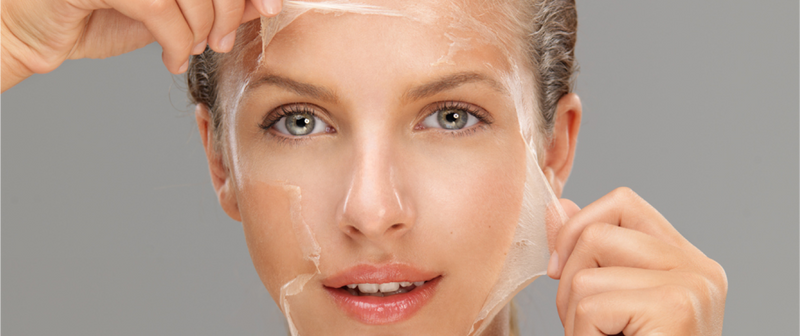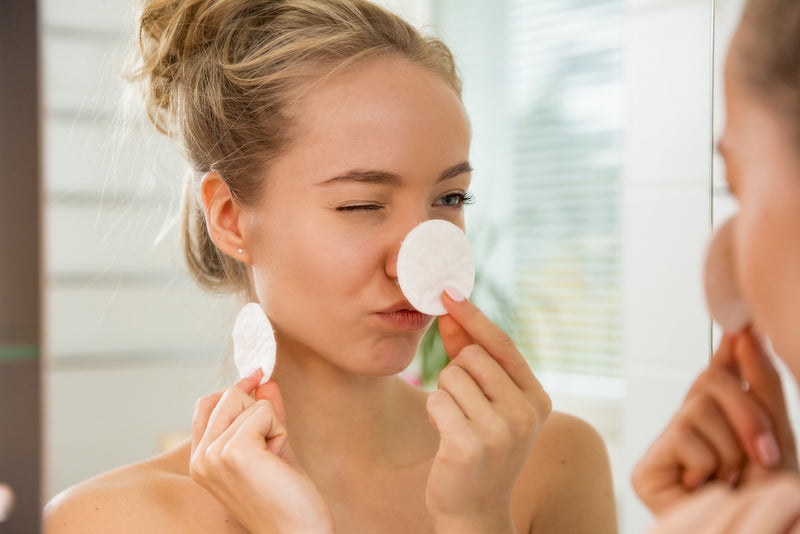Acne is a common skin condition that affects people of all ages and can have a significant impact on self-esteem. Understanding the causes of acne and how to treat and prevent it is essential for maintaining healthy, clear skin. In this article, we’ll explore the various factors that contribute to acne development and provide valuable insights into effective treatments and prevention strategies.
What Causes Acne?
Acne occurs when hair follicles become clogged with oil and dead skin cells. Several factors contribute to this process:
- Excess Oil Production: Overproduction of sebum (skin oil) by the sebaceous glands can clog follicles, leading to acne.
- Bacteria: The bacterium Propionibacterium acnes (P. acnes) can thrive in clogged pores, causing inflammation and acne lesions.
- Hormonal Changes: Hormonal fluctuations, common during puberty, menstruation, pregnancy, and menopause, can trigger acne by stimulating oil production.
- Diet: While the relationship between diet and acne is complex, some studies suggest that high-glycemic foods and dairy products may exacerbate acne in some individuals.
- Genetics: A family history of acne can increase the likelihood of developing the condition.
- Cosmetics and Skincare Products: Some products can clog pores, leading to acne. Look for non-comedogenic or oil-free options.
Effective Treatments For Acne
Several treatments can effectively address acne:
- Topical Medications: Over-the-counter and prescription creams or gels containing ingredients like benzoyl peroxide, salicylic acid, or retinoids can help unclog pores and reduce inflammation.
- Oral Medications: For moderate to severe acne, oral antibiotics or prescription-strength retinoids may be recommended by a dermatologist.
- Hormonal Therapy: Hormonal treatments like birth control pills or anti-androgen medications can help regulate hormones that contribute to acne.
- Isotretinoin (Accutane): This powerful medication is reserved for severe, resistant acne cases but comes with potential side effects and requires close medical supervision.
- Light and Laser Therapies: Procedures like light therapy and laser treatments can target and reduce acne-causing bacteria and inflammation.
Preventing Acne
Preventing acne is as crucial as treating it:
- Maintain Good Hygiene: Gently cleanse your face twice daily with a mild, non-comedogenic cleanser.
- Hands Off: Avoid touching your face, as this can transfer dirt and bacteria to your skin.
- Use Non-comedogenic Products: Choose skincare and makeup products labeled as non-comedogenic or oil-free.
- Manage Stress: High stress levels can trigger acne. Incorporate stress management techniques like exercise and meditation into your routine.
- Healthy Diet: While individual reactions to foods vary, maintaining a balanced diet with plenty of fruits and vegetables can support overall skin health.
- Regular Exercise: Physical activity can help improve blood circulation, which is beneficial for your skin.
- Consult a Dermatologist: If over-the-counter treatments aren’t effective, consult a dermatologist for personalized guidance.
Acne is a common skin condition with various causes, but effective treatments and prevention strategies are available. Understanding the factors that contribute to acne and following a consistent skincare routine can help you achieve and maintain clear, healthy skin. If acne persists or worsens, don’t hesitate to seek professional advice from a dermatologist to develop a tailored treatment plan. Remember, clear skin is achievable with the right knowledge and care.




